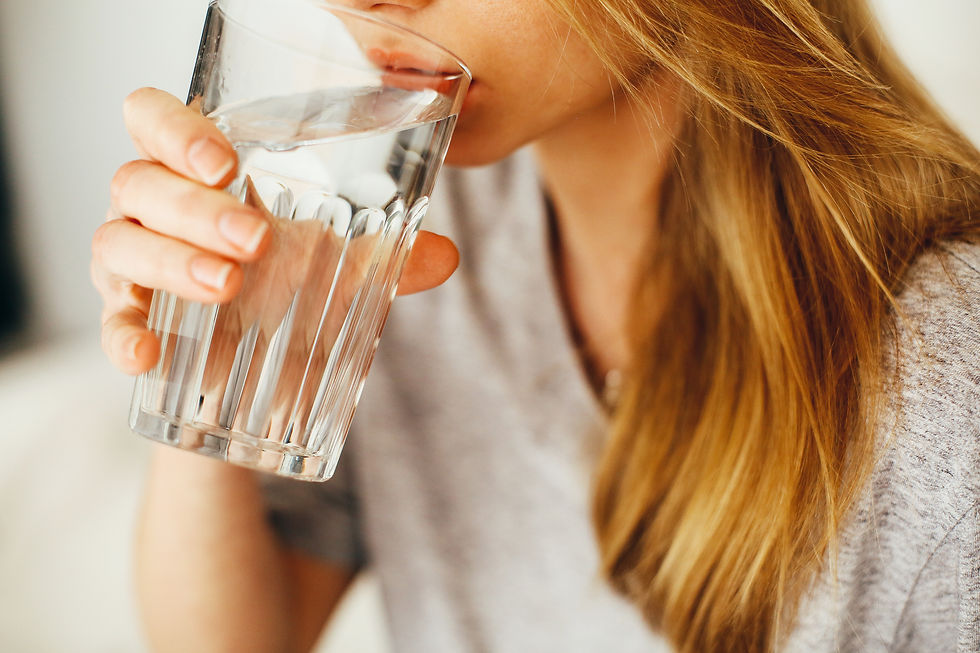Get Your ZZZZZs: The Importance of Rest and Sleep
- kcraig26
- Jan 27, 2020
- 3 min read
In the last post I finished by mentioning the topic of sleep, so in this segment I will discuss the importance of rest and sleep in an athlete’s routine. Often in the sports environment, sleep is viewed as a weakness—not getting enough sleep is not an excuse for a lack of performance during a practice or game. In chapter 10 of his book, “The Field Guide to Athletic Performance: The 24-Hour Athlete,” Ralph Reiff discusses how sleep has become a more relevant topic in the athletic performance community. Research has steadily increased specific to the measures of sleep effectiveness, the impact of quality sleep on performance, and the identification of interventions for improving high-quality sleep.
Reiff and I agree that sleep as a topic of conversation (or a request for more sleep) in the athletic community is perceived as a sign of weakness, laziness, or illness. Sleep has a huge image problem, but the data shows that we’re missing something. Studies of different sports suggests athletes of any sport actually get tremendous benefit from extra sleep and have a higher probability of performing at their highest level. The National Sleep Foundation has plenty of articles on the importance of sleep. In one, “Sleep, Athletic Performance, and Recovery,” the authors mention that REM sleep provides energy to the brain and body to repair memory, consolidate memories, and release hormones. A study in the journal SLEEP confirmed the role of sleep in athletic performance. Research shows declines in athletes’ instantaneous decision-making following poor sleep. More research results suggest that sleep deprivation can increase the levels of cortisol, which is a stress hormone. It also decreases production of glycogen and carbohydrates that are stored for energy during physical activity, thus increasing the possibility of low energy, fatigue, and poor focus during athletic performance. Lastly, sleep deprivation can slow recovery after a workout or contest.

Figure 16: Effects of Sleep Deprivation
So, if an athlete can be open minded to lifestyle adaptations for a better sleep routine, he/she will become a better athlete as a result. In this situation, if the athlete isn’t very close to winning the US Open or about to play in the World Cup, he/she doesn’t need to start diving into deep sleep measurements. Athletes need a general intervention to promote a high-quality sleep environment and improve what Reiff calls “Sleep Hygiene.” This includes simple things like maintaining a regular bedtime and rise time, implementing a retire routine, reducing caffeine and alcohol intake (caffeine has a six-hour half-life, and alcohol can fragment your sleep), and consider time for power naps of 20 to 30 minutes. Read chapter 10 of Reiff’s book to see more. Below I've included some diagrams on the effects of alcohol and marijuana on sleep; these are two substances that, more than likely, will be consumed by athletes at higher levels.

Figure 17: Effects of Alcohol on Sleep Patterns

Figure 18: Effects of Marijuana on Sleep Patterns
To recap, the body needs time to rest and recover. Getting enough sleep is a larger factor than once believed since the body rebuilds and recoups during REM sleep. This all affects the human spring. If muscles, tendons, ligaments, and other tissues responsible for the spring capabilities of the body cannot recover, an athlete risks small, incremental deficiencies that could add up to an injury later. An athlete may just suffer in general from poor sleep habits, as fatigue and lack of focus will hamper decision-making and quick movement. In the next segment I will move into mental health and its effects on athletes, especially after an injury.




Comments